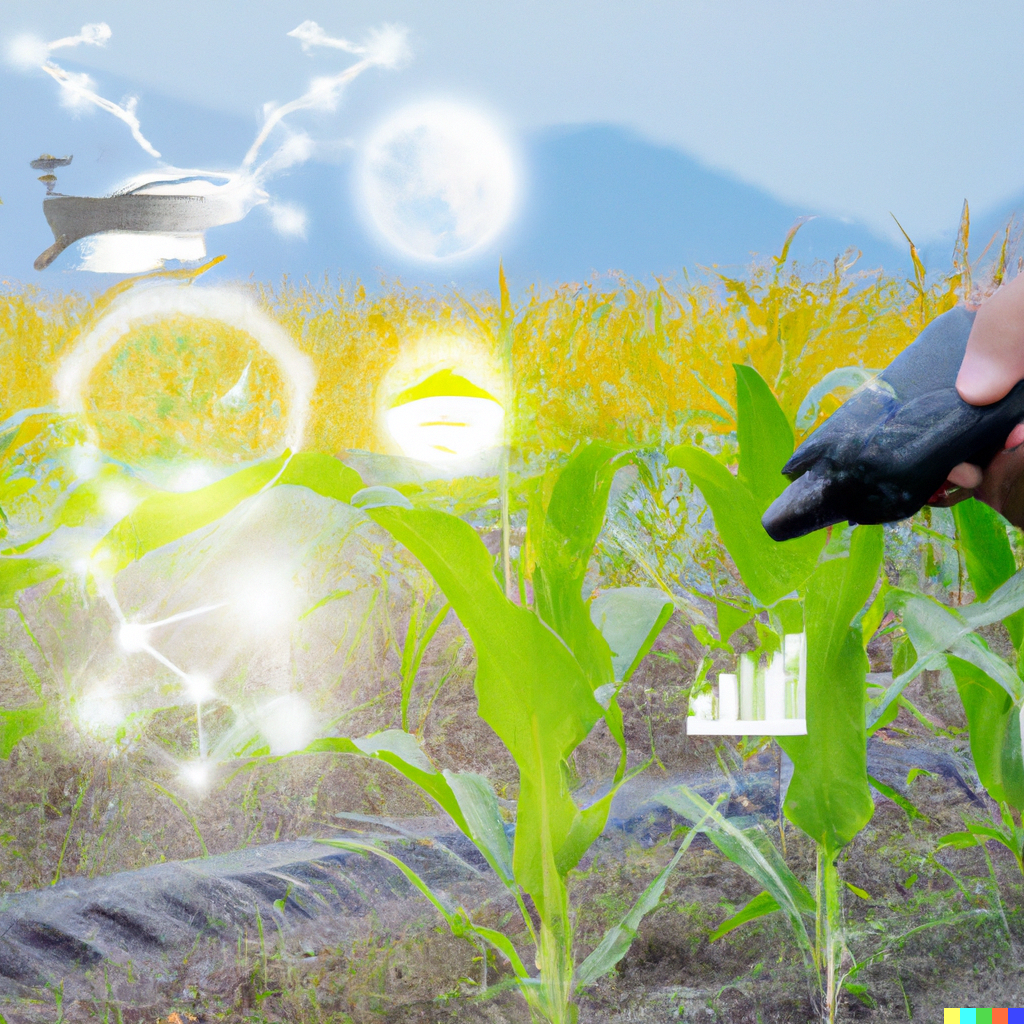August 26 | Agricultural Technology AgriTech

Agriculture has always been the backbone of civilization. From the early days of subsistence farming to today’s global food systems, the way we grow and distribute food has shaped societies, economies, and environments. Now, as the world faces challenges like climate change, population growth, and limited natural resources, Agricultural Technology (AgriTech) is stepping in to redefine how we farm and feed the planet.
AgriTech refers to the use of technology and innovation in agriculture to improve efficiency, productivity, and sustainability. It encompasses everything from precision farming tools and farm automation to biotechnology and digital platforms that connect farmers with markets.
In simple terms, AgriTech helps farmers grow more food, waste less, and use fewer resources.
Using sensors, drones, and satellite imagery, precision farming enables farmers to monitor soil health, crop conditions, and water usage in real time. This data-driven approach helps apply the right amount of water, fertilizer, and pesticides only where needed—reducing costs and environmental impact.
Example: GPS-guided tractors can plant seeds with incredible accuracy, ensuring maximum yield from every inch of land.
Water scarcity is one of the biggest threats to global food security. Smart irrigation technologies use IoT (Internet of Things) devices and AI to deliver just the right amount of water at the right time, improving water efficiency and crop growth.
Example: Drip irrigation systems linked with soil moisture sensors can reduce water consumption by up to 50%.
From autonomous tractors to robotic harvesters, automation is reducing labor shortages and increasing efficiency. Robots can pick fruits, milk cows, or weed fields faster and with greater consistency than manual labor.
Advancements in genetic engineering and biotechnology are creating crops that are drought-resistant, pest-resistant, and nutritionally enhanced. These innovations not only increase yields but also make farming more resilient to climate change.
AgriTech is not just about growing food—it’s also about connecting farmers to markets. Digital platforms help farmers access fair prices, reduce dependence on middlemen, and manage their farm operations with data-driven insights.
✅ Increased Productivity – Higher yields with fewer inputs.
✅ Resource Efficiency – Optimized use of water, fertilizers, and energy.
✅ Sustainability – Reduced environmental footprint and better soil health.
✅ Resilience – Farming systems that can adapt to climate variability.
✅ Market Access – Farmers connect directly with consumers and buyers.
While AgriTech offers huge potential, adoption is not without hurdles:
The future of agriculture will be data-driven, automated, and sustainable. Emerging technologies like artificial intelligence, blockchain, and vertical farming are expected to play key roles. With innovations like lab-grown meat and climate-smart crops, AgriTech is not only about producing more food—it’s about creating a food system that is equitable, resilient, and future-ready.
AgriTech is more than just a buzzword; it’s a lifeline for the future of global food security. By merging traditional farming wisdom with cutting-edge technology, the world can move towards a more sustainable and resilient agricultural system.
Farmers, investors, governments, and tech innovators all have a role to play in shaping this future. The sooner we embrace these innovations, the better equipped we will be to nourish a growing planet without depleting it.
SHARE THIS:
© Copyright 2026Global Tech AwardsAll Rights Reserved